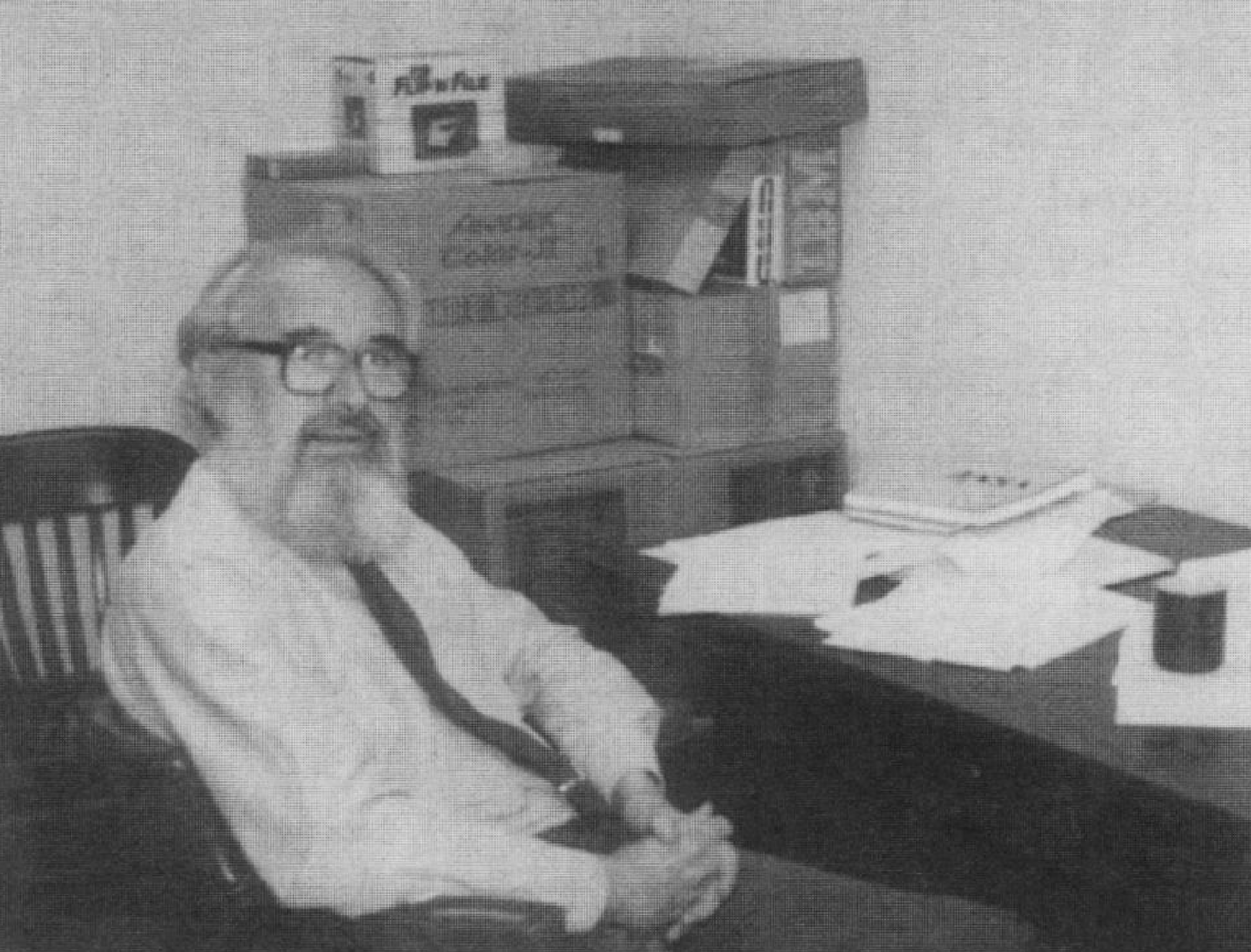Recently, I came across an editorial comment by chance. Dennis V. Lindley, as a referee for a paper, begins with:
A while back, an associate editor of one of our more prestigious statistical journals sent me a paper to referee. His covering letter held a note of apology, saying that the paper had been with other referees and was difficult to assess; could I help? The paper was written by two authors of whom I have the highest regard, so I felt that here was a challenge that could be worth undertaking; to appreciate fully their thesis.
Lindley then points out how the authors used overly complex notations and terminology, when simpler, more widely understood terms could have conveyed their ideas more effectively. The most impactful part of the critique is captured in the following paragraph:
I believe that almost all important, useful ideas are simple. Peter Whittle has recently put it nicely in an autobiographical essay. “If a piece of work is heavy and complicated then it is wrong.” The concepts in the refereed paper were simple. The authors had chosen to dress them up and disguise their simplicity. I do not think it was true in this case, but often the obscurity is designed to impress. “Look,” authors imply, “at this great work we have developed.” Some writers feel that to express their ideas in simple terms is degrading. Some use complexity to disguise the paucity of their material. In fact, simplicity is a virtue and when, as here, it is both original and useful, it can represent a real advance in knowledge.
This letter is a trademark of ingenuity.
